Derek Jeter should have been drafted by the Houston Astros. They held the No. 1 overall pick in 1992, and they had it down to Jeter, an Ichabod Crane-ish high schooler, and Phil Nevin, the best player in college baseball. An old Astros scout, Hal Newhouser, was begging his bosses to go with Jeter. Newhouser was a Hall of Fame pitcher in his day, so of course his bosses didn't listen to him.
Jeter's first agent, Steve Caruso, landed his teenage client from Kalamazoo, Michigan, in part because he also represented an Oklahoma high school phenom named AJ Hinch, who was the Gatorade National Player of the Year. Jeter's father, Charles, called Hinch's father, Dennis, for a recommendation and, Caruso explained years ago, Dennis gave the agent a thumbs-up and ultimately cleared the way for Caruso to do the $800,000 deal that made Jeter a New York Yankee.
Why does any of this matter? Because after the Astros and Hinch were steamrolled last week in a cheating scandal that will forever tarnish everything they accomplished, it was fitting that baseball could almost immediately turn to Jeter, patron saint of the play-the-game-the-right-way athlete, like it turned to him during the steroid era. When the sport desperately needed something to persuade customers to quit paying so much attention to all this unseemly business over there, No. 2 was always the commissioner's No. 1 option over here.
Jeter was introduced Tuesday as a member of the Baseball Hall of Fame Class of 2020 and just missing becoming the second player to be voted in unanimously -- a year behind his teammate Mariano Rivera. It is a day to remember what Jeter represented, and who he was long before he became just another owner of a floundering sports team (the Miami Marlins), and just another rich guy who founded a website (The Players' Tribune) that is still struggling to make a consistently profound impact.
It is be a day to remember that no post-playing business failure can reduce Jeter's staggering accomplishments over his 20-year career in the Bronx. If The Captain is worried about that, he shouldn't be. And if he's worried that he'll always be viewed through a skeptic's lens by sabermetricians who ripped his fielding range, and by faraway fans who assumed he was overhyped by the big-city media machine, Jeter shouldn't lose any sleep over that either.
Maybe you had to be there every day to understand it. Maybe it has to be our little secret in the New York market. But Jeter was every bit the titan he was made out to be, and a Yankee worthy of the blessing granted by his fellow shortstop, Phil Rizzuto, who wasn't afraid to summon the name of his teammate, Joe DiMaggio. "Derek is very comparable to DiMag in that they both have that sixth sense," Rizzuto once said. "They both play the game so naturally and beautifully. ... Joe never made a mistake, and Jeter doesn't either."
Truth is, Jeter was not a perfect player, captain or human being. He could be thin-skinned, and he could hold a grudge over real and imagined slights with the best of 'em. Yankees officials, including manager Joe Torre, were afraid to talk to Jeter about improving his strained relationship with Alex Rodriguez, with one saying that an A-Rod conversation surely would have been his last conversation of any kind with The Captain. "I would've been dead to him," the official said. "It would've been like approaching Joe DiMaggio to talk about Marilyn Monroe." General manager Brian Cashman had to confront Jeter on the A-Rod issue before the shortstop tried approaching the high-maintenance third baseman for some heart-to-hearts.
Jeter also could have used his platform to become a much more forceful advocate in favor of strict drug-testing measures, to push the players' union to protect its clean members from the PED cheats. But that squandered opportunity doesn't alter the fact that Jeter proved he could conquer an unconquerable game and lift his team to a dynastic level while playing drug-free in a sport overrun by chemically enhanced stars.
He fought off the temptation to use PEDs to keep up in the long-ball arms race because, he often said, his father was a drug and alcohol abuse counselor. Jeter worried about the moral and health consequences of taking banned substances. "Eventually," he said, "I think you're making a deal with the devil."
The Captain engaged in no Faustian bargains while winning five World Series titles and becoming the first Yankee to reach 3,000 regular-season hits; it only seemed that way. Newhouser retired from baseball, on the spot, after the Astros declined to draft Jeter, though the scout and former two-time AL MVP with Detroit did attend his Cooperstown induction ceremony that summer. The Cincinnati Reds were supposed to take the Kalamazoo Kid with the fifth overall pick in '92, at least until their scouting director, Julian Mock, defied his underlings and decided at the 11th hour he preferred a college outfielder named Chad Mottola, sending Jeter to the team of his childhood dreams at No. 6.
"I can tell you one thing," the Yankees' scouting director at the time, Bill Livesey, said the other day by phone. "I can still hear how our room erupted when the Reds made their choice."
Born in New Jersey, young Derek had assured everyone from his Michigan grade-school teachers to his AAU basketball teammates that he would someday play for the Yankees. His eighth-grade classmates at St. Augustine had predicted in a graduation booklet that he would end up in pinstripes and on Wheaties boxes. Jeter had all but willed it into existence. In his famous scouting report, next to the category labeled "Summation and Signability," Yankees scout Dick Groch wrote, "A Yankee! A Five Tool Player. Will be a ML Star!" Groch later called the prospect "Fred Astaire at shortstop."
But Jeter's early struggles represent a meaningful part of his story. A homesick and overmatched Derek cried himself to sleep in Tampa many nights in the summer of '92, telling his parents the Yankees had wasted their money on him and wishing aloud that he had gone to the University of Michigan on scholarship. While he was committing 56 errors for the Class-A Greensboro Hornets in 1993, Hornets official and former big leaguer Tim Cullen told Yankees executive Gene Michael that Jeter was the worst shortstop he'd ever seen. A Yankees official had to call the Hornets to order their official scorer to quit wrecking the kid's confidence by assigning him so many errors.
Some in the organization considered testing Jeter in center field; Jeter promised his roommate, teammate and best friend R.D. Long, that he would never, ever let the Yankees move him from shortstop. George Steinbrenner, who didn't like waiting on high school draft picks to develop, peppered his scouting director with jabs to the nose. "George would always ask me during those first two years, 'How's your player doing?'" Livesey recalled. "It was always, 'Your player.' And then after the third year, I never heard George use that expression again."
Jeter tore through the Yankee system in 1994. "Suddenly Derek became a man," Livesey said. "He just dominated." The shortstop grew more impatient than his employer, Steinbrenner. After hearing the December 1994 news that the Yankees had acquired Tony Fernandez, Jeter half-jokingly told a friend that he would go play basketball for Steve Fisher at Michigan if the Yanks didn't soon promote him to the bigs. Jeter got that call in '95 from Buck Showalter, and then played the Opening Day hero for Joe Torre in 1996 to launch a career that was hard to believe.
The Jeffrey Maier homer. The four championships in five years. The flip play against Oakland. The Mr. November homer. The face-first dive into the stands against Boston. The on-field speech he gave to close down the old Stadium. The fifth and final title he won in the first year of the new building. The incredible homer off David Price for hit No. 3,000. The even-more-incredible walk-off hit to win his final game in the Bronx in 2014.
In the middle of it all, Jeter became about as big in New York as any athlete has ever been. In 1998, the same year he would appear on the cover of GQ and break up with Mariah Carey (the star he predicted to many, as a teenager, that he would someday marry), Jeter attended the NBA All-Star Game at Madison Square Garden -- Michael Jordan's farewell All-Star appearance -- with his then-close friend Alex Rodriguez. It was clear who was the biggest attraction in the house. A-Rod stood alone, ignored, near a concession stand while Jeter was surrounded by awestruck admirers, including a college senior named Peyton Manning, who sheepishly introduced himself with a handshake and told the Yankee, "You're having some career."
It only got better from there. Though Jeter somehow never won a regular-season MVP award, he was named MVP of the one World Series the Yankees felt they had no choice but to win. Steinbrenner, Cashman and Torre were all terrified of losing to the Mets in 2000, with Cashman actually saying a defeat would have effectively nullified the titles won in 1996, 1998 and 1999. Jeter? He saw it as an opportunity to have some fun while facing a local rival. "It's like you're playing in high school," he said. The Mets didn't stand a chance against him.
Jeter never feared the fallout of failure, which allowed him to thrive on the sport's biggest and brightest stage. He said the Yankee Stadium lights made him feel like he was performing on Broadway, though on game nights he didn't act the part of an entitled leading man. Jeter stunned team trainers with his willingness to play through painful injuries, and he ran out every ground ball with the same purpose and intensity he used to try to track down opposing fast breakers in AAU ball, compelling one of his Kalamazoo Blues coaches to call a hustling Derek the most dunked-on youth player in the state of Michigan.
More than anything, Jeter was hell-bent on carrying himself in a manner that would not embarrass his parents, Charles and Dorothy, who had made Derek and his sister Sharlee sign behavior contracts in their school days. That's why Jeter could spend all those years around the city, among hordes of social media warriors armed with cameras, and never land in a compromising photo or in the middle of an unbecoming tangle with an overheated fan.
When Jeter retired, Louisville Slugger retired its black P72 model he used his entire career. Three years later, the Yankees retired his No. 2 that had become the number of choice for Little Leaguers everywhere.
Jeter was indeed a role model for the way he treated kids and umpires in ballparks all across the country. As an owner in Miami, Jeter has looked a lot more fallible without the pinstripes on. He deserves a fair shot with the Marlins and enough time to build the organization the way he wants it built. It has never been a good idea to bet against Jeter. He can still turn this second baseball career into a big success.
But the fact that he fired a number of popular Marlins employees -- including Hall of Famers Andre Dawson and Tony Perez, and a longtime scout who was in the hospital trying to recover from cancer surgery -- and handled various duties (including the Giancarlo Stanton trade) with what appeared to be a less-than-gentle approach, did not shock some who have known Jeter. That includes R.D. Long, the longtime running mate ejected from the shortstop's inner circle years ago for a reason never explained to him.
"I can't comment about Derek Jeter today, because I don't know that person today," Long, who spent six years in the Yankees system and who coached at Rochester Institute of Technology, said last week by phone. "But as a player, people who doubted him just don't get it. If some think he's overrated, that's ludicrous. I think he might be the most underrated player of all time.
"You can't change the way a performer made you feel personally. And for those who watched Derek Jeter's entire career, that dude made us say, 'Are you kidding me? How can he keep doing this?'"
As The Captain heads to Cooperstown in the wake of another big league scandal, nothing can ever diminish what he meant to the game. Derek Sanderson Jeter was everything he was made out to be. For those of us who were there in the Bronx, that feeling is unanimous.


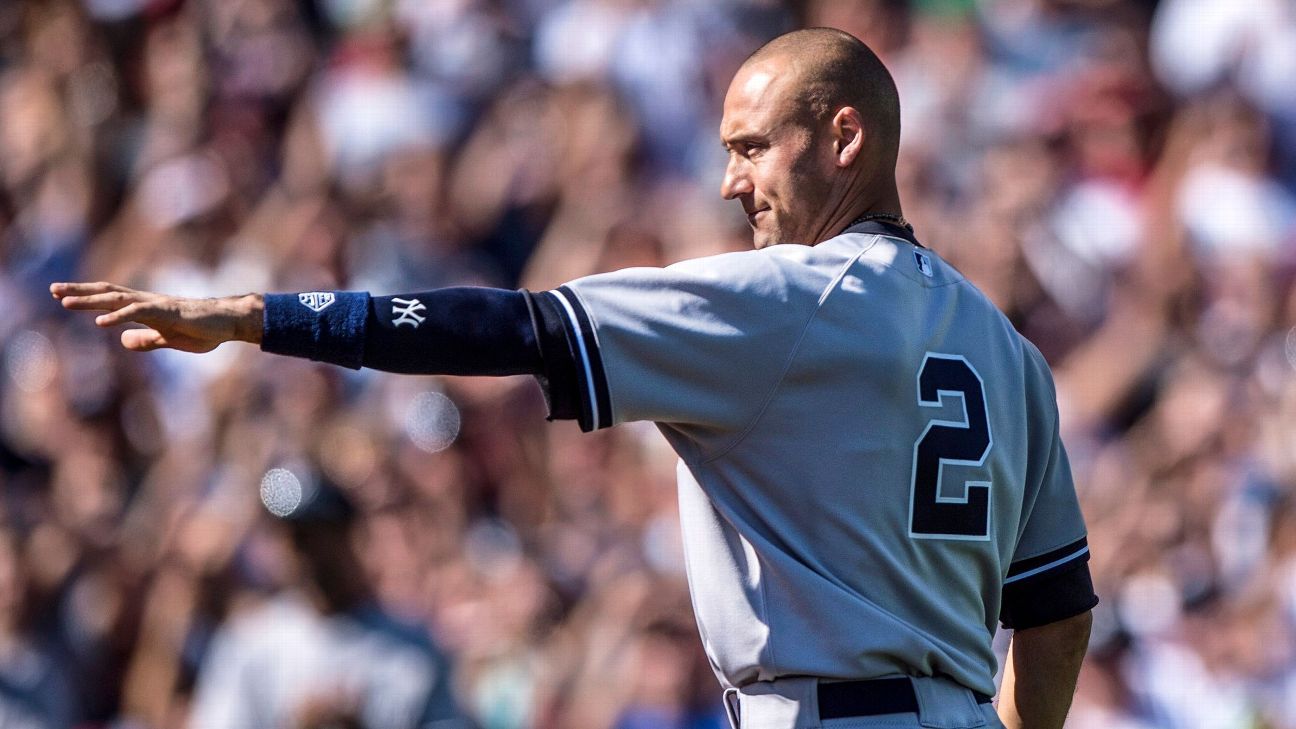
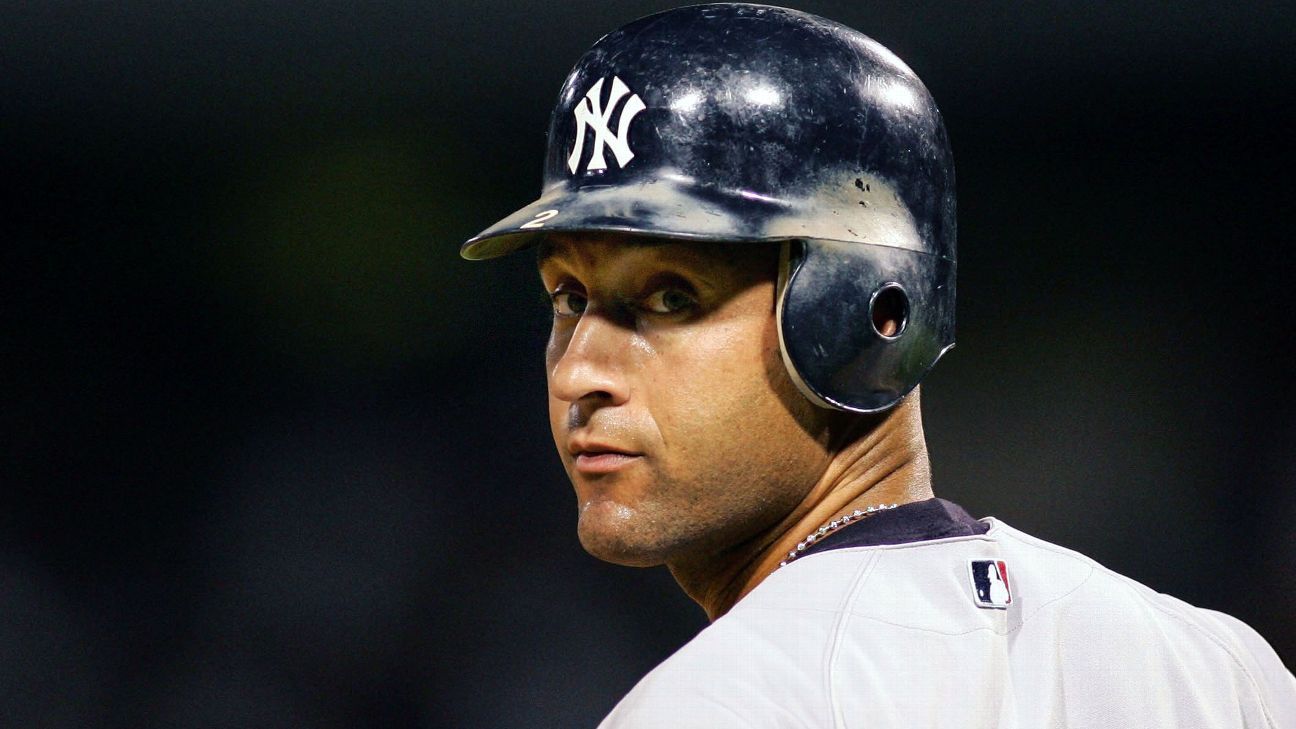

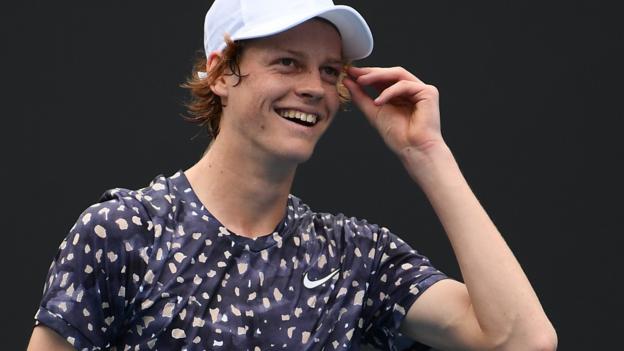
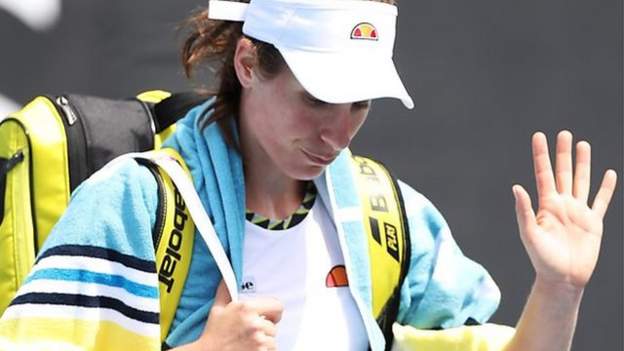
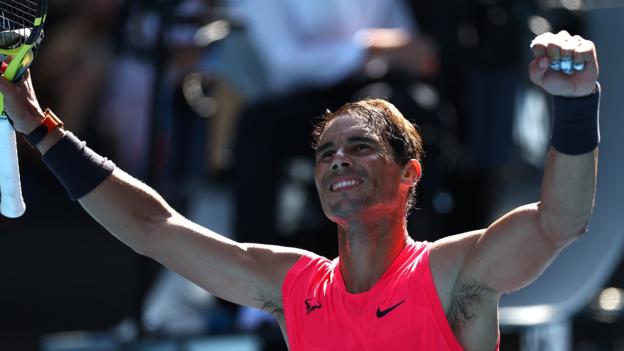



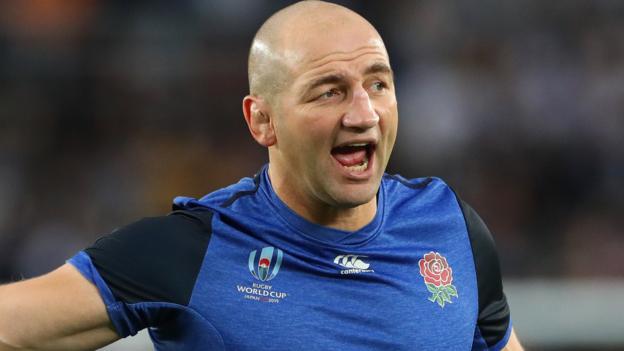













 Phone: (800) 737. 6040
Phone: (800) 737. 6040 Fax: (800) 825 5558
Fax: (800) 825 5558 Website:
Website:  Email:
Email: 






